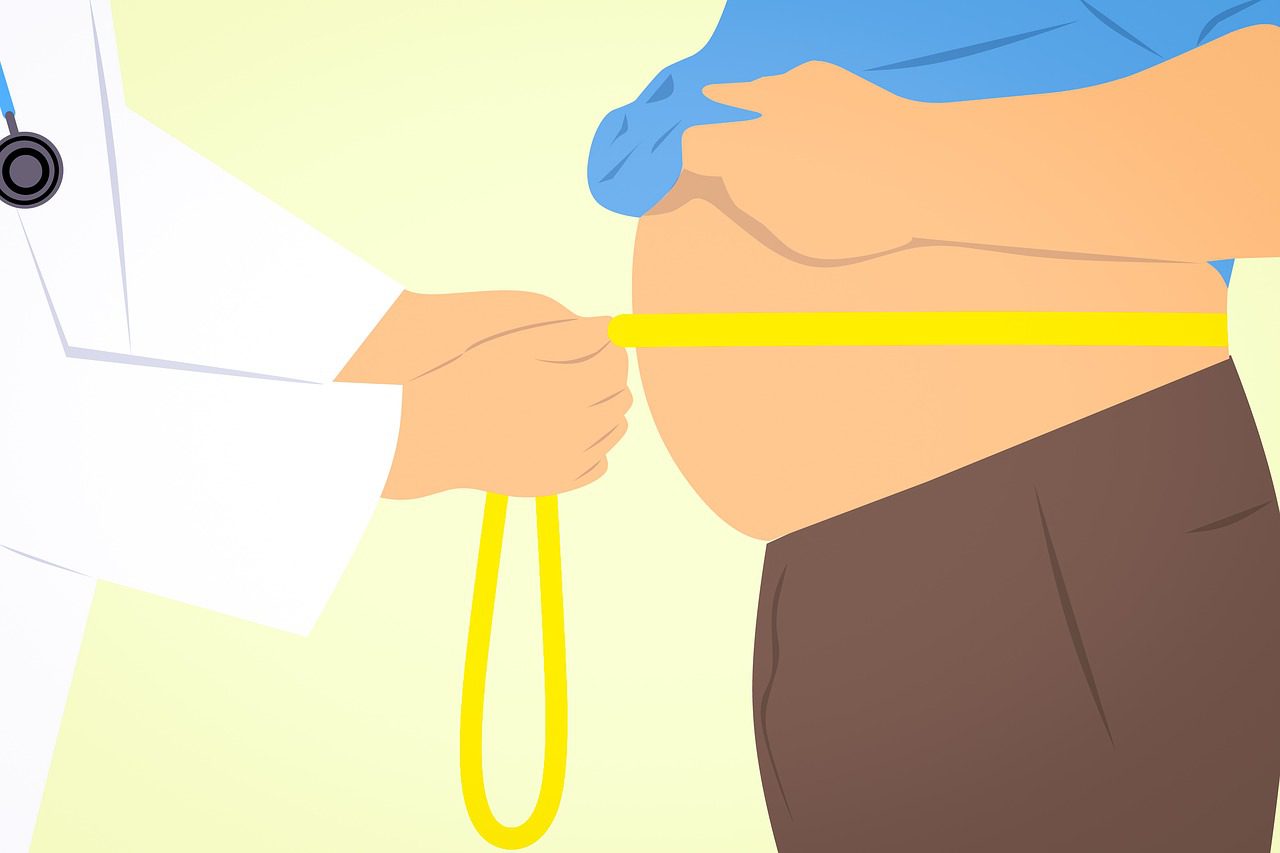Obesity has become a global epidemic. In fact, studies have shown that in the U.S., the most obese country in the world, more than one-third of adults are obese. In addition, more than one-quarter of children and adolescents are considered to be overweight or obese.
With obesity rates reaching new peaks every year, it seems that no amount of health education or healthy living tips is helping curb the trend. While there are a variety of factors that contribute to obesity in individuals, there are also certain common everyday things that people do which may help cause them to become obese. Below are five everyday things leading you closer to obesity:
-
You Eat Too Fast
Eating slowly makes you feel more full and helps prevent overeating. No one is advocating that you chow down on your meal at a snail’s pace, but slowing down just a bit will help keep your blood sugar steady and ward off cravings later on.
-
You’re Always Stressed
Stress hormones increase appetite, causing you to eat more food than necessary. Stress also contributes to obesity by increasing insulin resistance, which can lead to diabetes and abdominal fat gain.
-
Snacking all the time
You might think that it’s hard to overeat if you’re just snacking throughout the day — and you’d be right — but most snack foods contain hidden calories, which can really add up after a while.
“For a snack, if you get hungry during the day, you’re having a handful of nuts instead of donuts or a bag of potato chips. These are the types of dietary changes that can lead to greater satiety, lower total calorie intake and just improve nutrition,” explains JoAnn Manson, MD.
-
You’re Not Eating Enough Fiber
Fiber is important for many reasons, but it also can help you lose weight. How? It helps slow down digestion, which gives your body time to feel full before you overeat. It also makes you feel fuller because it absorbs water as it passes through your body, so if you’re not getting enough fiber in your diet, then you are not getting enough water either. This can lead to constipation and irregular bowel movements















Leave a Reply